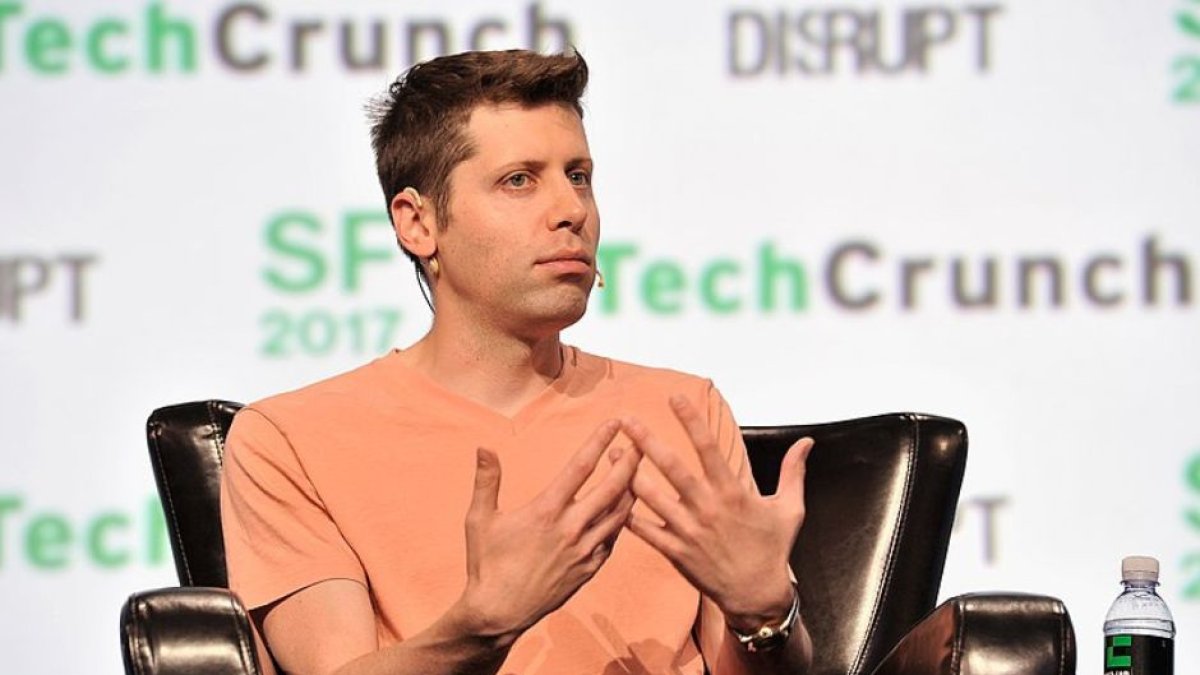OpenAI CEO blames 'societal misalignments' for problems with artificial intelligence, calls for government regulation
The statement was made during a panel at the World Government Summit held in Dubai.

Wikimedia Commons
Sam Altman, CEO of OpenAI, assured that "societal misalignments" could have dangerous consequences for artificial intelligence. The statement was made during a panel at the World Government Summit held in Dubai.
Altman insisted that the use of artificial intelligence must be regulated. He explained that his concern is not in the development of artificial intelligence but in the ways that individuals and organizations will use it.
"I'm not that interested in the killer robots walking on the street direction of things going wrong. I'm much more interested in the very subtle societal misalignments, where we just have these systems out in society and through no particular ill intention, things just go horribly wrong," Altman said, as reported by Axios.
The CEO of OpenAI stressed that "I think we can raise the standard of living so incredibly much if everybody has access to abundant amounts of really high quality intelligence and they can use ... those tools to create whatever they want to do." In addition, he reiterated that the creation of an international organization such as the International Atomic Energy Agency is necessary to supervise artificial intelligence.
It is not the first time that Altman has come out in favor of regulating A.I. In November of last year, he explained his point of view on the matter. “My worst fears are that we… the technology industry, cause significant harm to the world,” he told the Senate Judiciary Subcommittee at time. “I think that could happen in a lot of different ways.”
Altan's statements come at a time when concerns about technological advancement are growing. Fifty-two percent of Americans are "more concerned than excited" about the growing use of this technology in their daily lives. Only 36% say they are "equally excited and concerned," while only 10% say they are "more excited than concerned," according to a Pew Research survey.
The data was revealed amidst several problems associated with the use of A.I. that affect the daily lives of citizens. An example of this is how A.I. can replace jobs and generate realistic images of people without their consent.

























